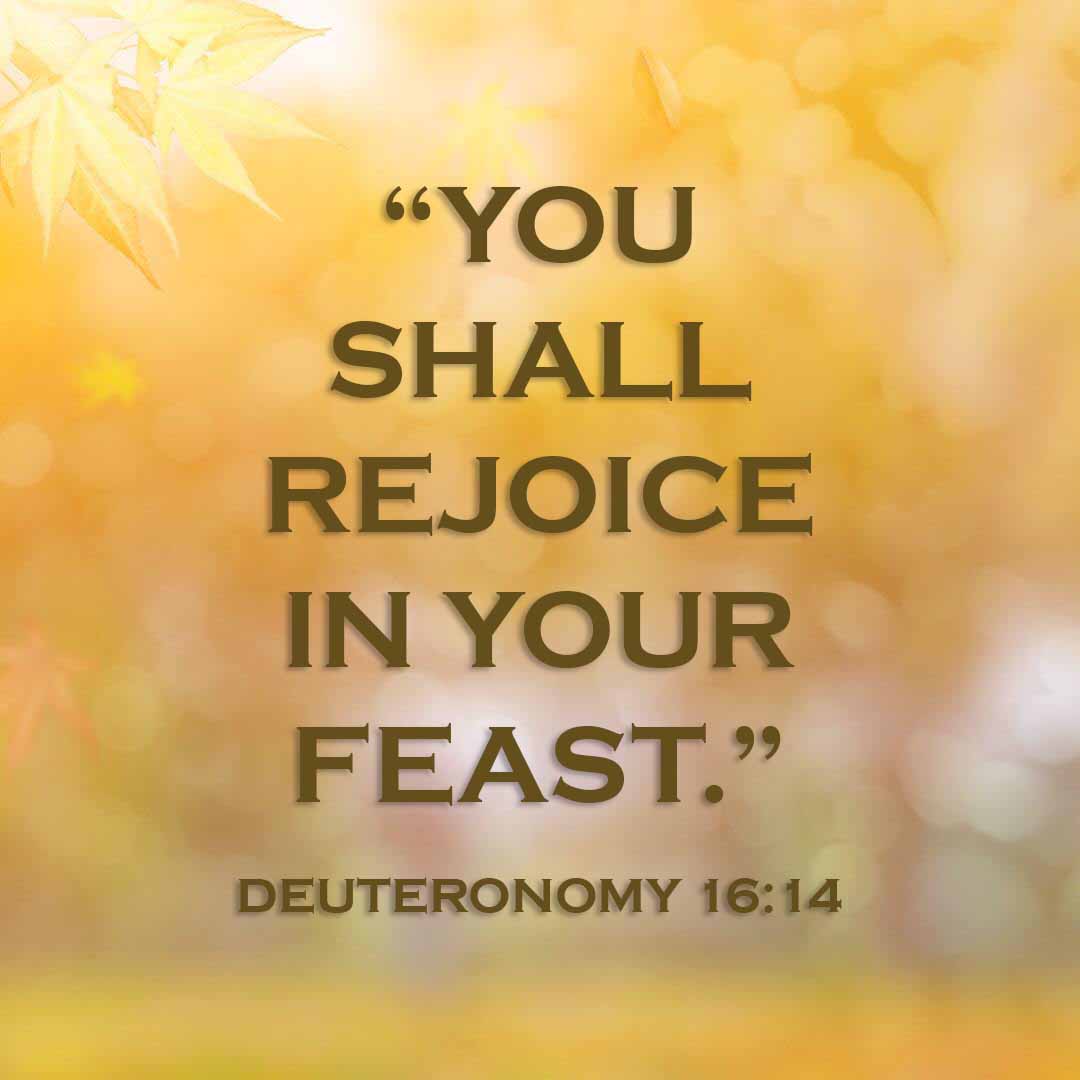Human beings are wired to be grateful. Whether we receive a kiss from a grandchild, a compliment from a stranger, or a lovingly prepared gift, we instinctually feel a sense of appreciation.
Then, of course, there are other times. Gratitude comes less naturally in seasons of loss, but the Word of God gives Christians clear instructions: “Give thanks in all circumstances; for this is the will of God in Christ Jesus for you” (1 Thessalonians 5:18, ESV).
Hard times force us to evaluate the depth of our gratitude. While we do not have to thank God for the bad things that happen to us, we can (and should) gratefully acknowledge His loving protection in all circumstances. There is no better time than Thanksgiving to reflect on God’s goodness, deepen our relationships, and demonstrate appreciation to Almighty God for His blessings—both past and present.
Cultivate a Sense of Reflection
Cultivate Relationships
Cultivate Remembrances
Cultivate a Habit of Responsiveness
PLUS:
A Thanksgiving Prayer and Study Questions
Cultivating Reflection
When was the first Thanksgiving? Americans might answer 1621, and that is partially correct. That was the year of the Pilgrims’ first celebration, but the concept of giving thanks is much older. God’s people have expressed their gratitude since the Feast of Tabernacles was established in the days of Moses.
What is the Feast of Tabernacles?
The Feast of Tabernacles (also called the Feast of the Ingathering) was held exactly seven weeks after the beginning of the fall harvest; it was also known as the Feast of Booths because the Israelites were to live in booths for seven days (Numbers 29:12-40; Deuteronomy 16:13-17). These structures, made of tree branches and foliage, would remind God’s children of His providential care during their time in the wilderness.
—from The Jeremiah Study Bible
God ordained this week-long observance while the Israelites traveled through the desert on their way to the Promised Land. It was one of many rituals He designed to draw His people closer to Him and to teach them about the implications of living in the presence of His holiness.
This is still a valuable discipline for believers today. We need to ponder the Lord’s nearness and cultivate a sense of His presence. It’s a habit of mind we ought to nurture every day of the year, but the days leading up to Thanksgiving are an especially opportune time.
Cultivating Relationships
One of the many blessings of Thanksgiving is the opportunity to spend time with others. When God ordained the Feast of Weeks and the Feast of Tabernacles, He intended them to be times of togetherness. Deuteronomy 16:14 says, “You shall rejoice in your feast, you and your son and your daughter, your male servant and your female servant and the Levite, the stranger and the fatherless and the widow, who are within your gates.”

What is the Feast of Weeks?
The Feast of Weeks, celebrating the harvest (Exodus 34:22; Numbers 28:26-31; Deuteronomy 16:9-10), was one of the three great festivals the Hebrew people later celebrated in Jerusalem. Because it occurred fifty days from the Passover Sabbath, it was also called “Pentecost,” meaning “fiftieth.” During the Pentecost following the resurrection of Christ, the church was born (Acts 2).
—from The Jeremiah Study Bible
The Bible is the best manual on how to build personal relationships you will ever find. Not only were the Israelites instructed to celebrate with their families, but they were supposed to invite anyone who was alone. Throughout the Old and New Testament, God places a high value on relationships within families and groups.
In the letters of the apostle Paul, we also find a deep commitment to relationships. As he wrote to churches, Paul incorporated greetings, introductions, commendations, and words of warning to several people. Paul was one of the busiest, most dynamic men on earth, but he made time for people—as God instructed.
As we prepare for Thanksgiving, let’s make time for the people God has brought into our life.
Cultivating Remembrances
As part of the Feast of Weeks, Moses instructed Israel to “remember that you were a slave in Egypt” (Deuteronomy 16:12). Why would he do that? Was Moses asking them to dwell on the oppression of their slavery? No, he wanted them to remember how far God had brought them, so they would not neglect to be thankful.
Did you know that think and thank come from the same root word? Thus, there is a lesson for us about the nature of thankfulness: When we think of what God has done, we should thank Him for the good things He has provided.

Cultivating Responsiveness
Do you remember the story of the ten lepers in Luke 17:11-19? We often focus on the nine men who didn’t thank Jesus, but let’s consider the one man who did. Verses 15-16 describe his response: “One of them, when he saw that he was healed, returned, and with a loud voice glorified God, and fell down on his face at His feet, giving Him thanks.” This man didn’t save face—he enthusiastically expressed his appreciation for the Lord’s goodness.
Receive Daily Devotions from David Jeremiah
Sign up to receive email devotions each day!
All ten lepers shared the experience of physical healing, but only one allowed himself to be transformed by gratitude. The nine didn’t decide to be ungrateful. They simply overlooked it in their eagerness to get on with their lives. Likewise, we do not intend to be ungrateful when the Lord blesses us, but sometimes, we are forgetful. And if we are not careful, we can become like the nine who did not respond to Him.
Personal Application
A Thanksgiving Prayer
Father, prepare my heart not just for this Thanksgiving season but for all of my life; that I might be a person who expresses gratitude, not only by what I say but by what I do. Lord, help me to remember that responsiveness is my responsibility as Your child.
Help me, Lord, to remember that Thanksgiving is a compound word. I am not only to be a thankful person, but a giving person. I know that You are honored when I respond to Your Word, and I pray that You will help me to respond well and to bring glory and honor to Your Name.
Lord God, I give You the glory and the honor for what You’re doing in my heart right now and for what You will do in the future. In Jesus’ Name.
Amen.
Study Questions
Read Psalm 107. Make a list of things for which the psalmist was thankful. How could you express similar gratitude toward the Lord?
Look up the word “remember” in the concordance of your Bible. What things are God’s people instructed to remember?
Read Deuteronomy 16:9-17. How will you commit to keeping God at the center of your Thanksgiving celebration?
During the Feast of Weeks and the Feast of Tabernacles, the people gave a freewill offering according to the measure of blessing God had extended to each person (Deuteronomy 16:10, 17). How has God been faithful to you this year? What will you give back to Him?
Ask yourself: How will I encourage my family and guests to cultivate an attitude of grateful remembrance? Here are a few ideas.
- Before starting your Thanksgiving meal, invite everyone to share something they are thankful for—a spouse, an education, family, etc.
- Go around the table and encourage each person to name one attribute of God for which they are thankful and why.
- Share this Estonian proverb: “Who does not thank for little will not thank for much.” Invite guests to identify a “little” thing they can thank God for this Thanksgiving.
How will you respond to the Lord’s goodness each day?
